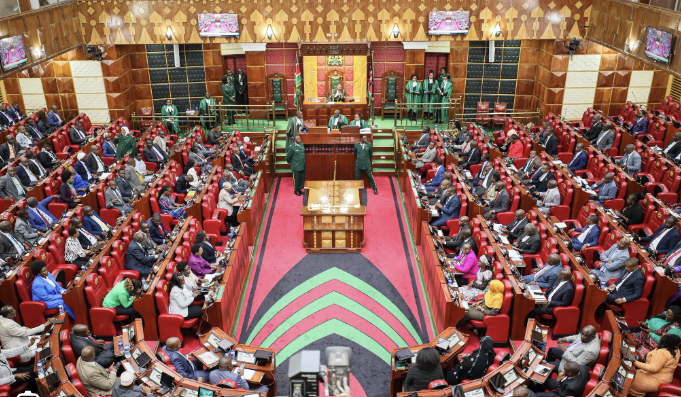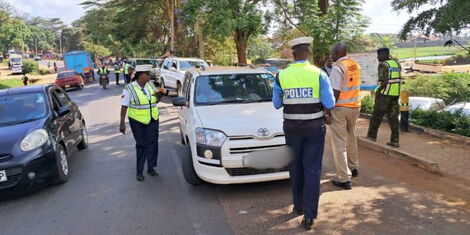
In an explosive session this week, Members of Parliament unleashed a scathing critique of the Teachers Service Commission (TSC), accusing it of perpetuating a deeply flawed system of hardship allowance and unequal teacher deployment.
Lawmakers warned that the discrepancies are systemic, unfair, and require immediate rectification.Hardship Allowance Denied to Marginalized Areas.
During proceedings before the Public Petitions Committee, MPs representing Machakos county sounded the alarm. They revealed that teachers in Mwala and Kalama sub-counties have been excluded from the hardship list, despite facing the same geographical and socio-economic challenges as neighboring hardship zones .
Mwala MP Vincent Musyoka emphasized that these areas are surrounded by already recognized hardship zones—such as Yatta, Kitui Rural, and Mbooni East—yet teachers stationed there are denied compensation. In Kalama, nine out of 42 schools are omitted from the benefits .

MPs Demand Transparency on TSC’s Criteria and Governance.
Committee chair Kitui West MP Edith Nyenze pledged to summon TSC and the Salaries and Remuneration Commission to publicly explain the methodology behind hard‑to‑staff designations.
She stressed that teachers in similarly deprived conditions deserve equal treatment .Adding to the uproar, Gilgil MP Martha Wangari criticized the obscure process behind hardship zone classification.
She questioned which government agency determines the zones and lamented the lack of transparent criteria, saying the system allows TSC to tilt teacher distribution unfairly .
Deployment Disparities Complicate Educational Equity.
Experts on the committee warned that the unequal hardship pay directly influences teacher deployment. Facing lower financial incentives, teachers avoid poor-performing zones, exacerbating staffing shortages in the very areas that need qualified educators the most.
MPs highlighted that arbitrary hardship designation undermines equity and weakens national education goals. The resulting uneven distribution of teachers could disenfranchise students in non‑incentivized areas.
What’s at Stake and What Comes Next?
Immediate action demanded: MPs have directed TSC and SRC to appear before Parliament and present data on how hardship zones are selected.
Legislative reforms ahead: Lawmakers are considering amendments to the TSC Act that would mandate standardized hardship zone criteria and automatic allowances for all civil servants in those areas.
Pressure on TSC leadership: TSC CEO Nancy Macharia and SRC officials now face intense scrutiny over whether they have been applying policy fairly.
The grilling of TSC over hardship pay and teacher deployment reveals more than administrative errors—it exposes a deliberate, opaque system that penalizes certain regions and their educators.
As the political pressure mounts, Kenya’s education sector stands at a critical juncture: either enforce fair compensation and staffing, or risk deepening regional inequality and educational neglect.






